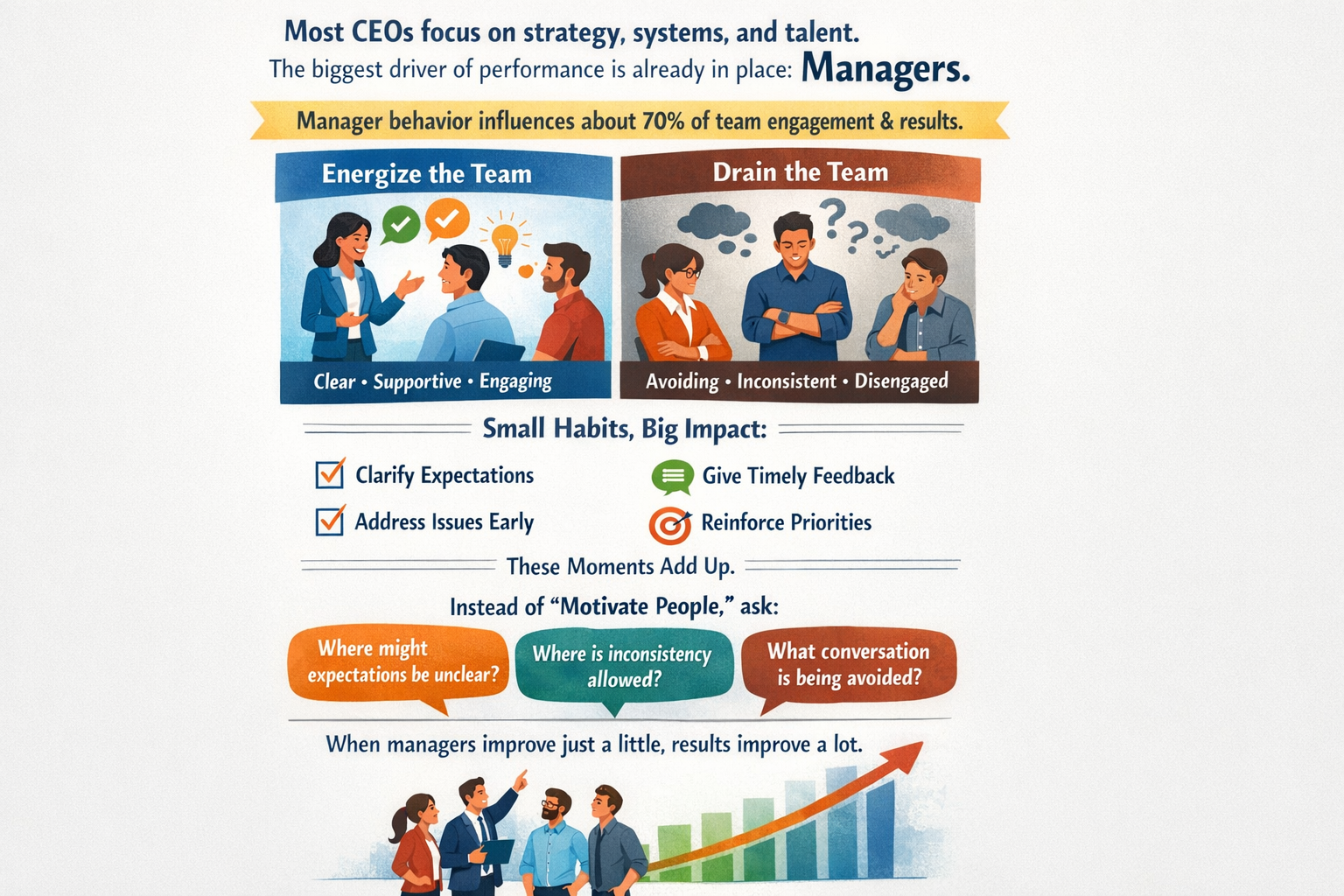Getting Off the Starting Block

“The secret of getting ahead is getting started. The secret of getting started is breaking your complex overwhelming tasks into small, manageable tasks, and then starting on the first one.” Mark Twain
How often have you had writer’s block or just couldn’t get going on a workplace project? You were willing to do the job but your brain just wasn’t ready to start. For some reason you weren’t crystal clear on exactly what outcome you were aiming for, or the best path to get you there, or even the first step to take.
Many of us have spent hours, days, or maybe even weeks making little or no progress. Why not reach out and ask for help? It may be your responsibility to do this work, but when you are still on the starting block you aren’t being very successful. If you just knew how to get going you could be up and running.
Many people do their best thinking when they are talking about the subject at hand. You may have found that sometimes while you were explaining a dilemma to another person the solution comes to your mind. Why not repeat this process often?
Why not ask a friend or colleague if they have 5 or 10 minutes to talk with you about a current bottleneck? Have them ask you a few open-ended questions about what you need to accomplish and a couple of ways you could approach it. You could leave that short conversation raring to go because your brain responded to someone else’s listening ear, friendly nudge, or curiosity.
Collaborate with those around you. Don’t be afraid to ask for a few minutes help to enhance your thinking. When you ask a work colleague or a family member to assist you in this way you achieve a win/win outcome. The company gets better results and your family’s needs are better served.
Where are you stuck today? Who could you ask to spur you over the hump?


